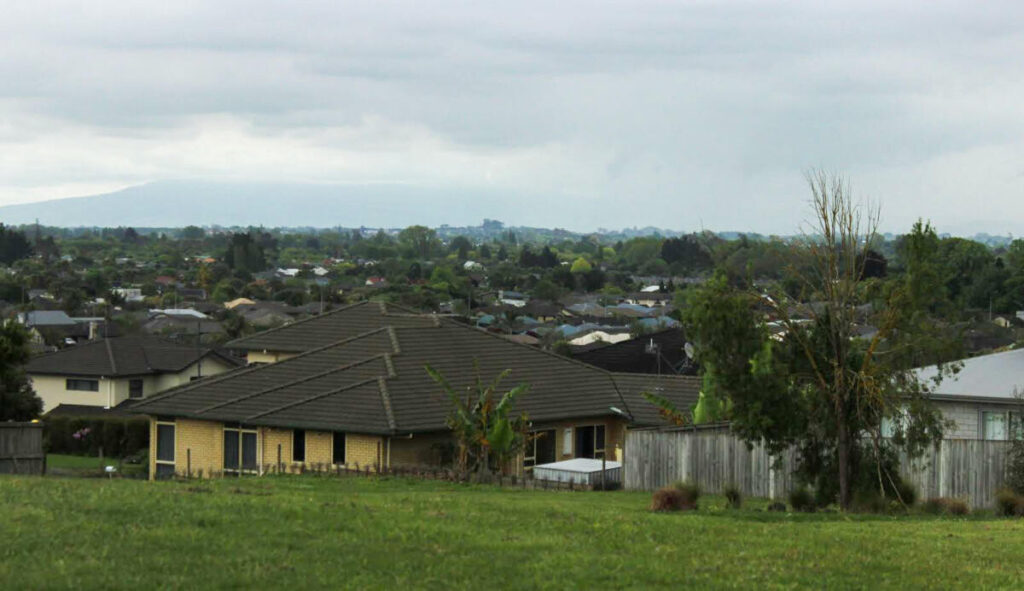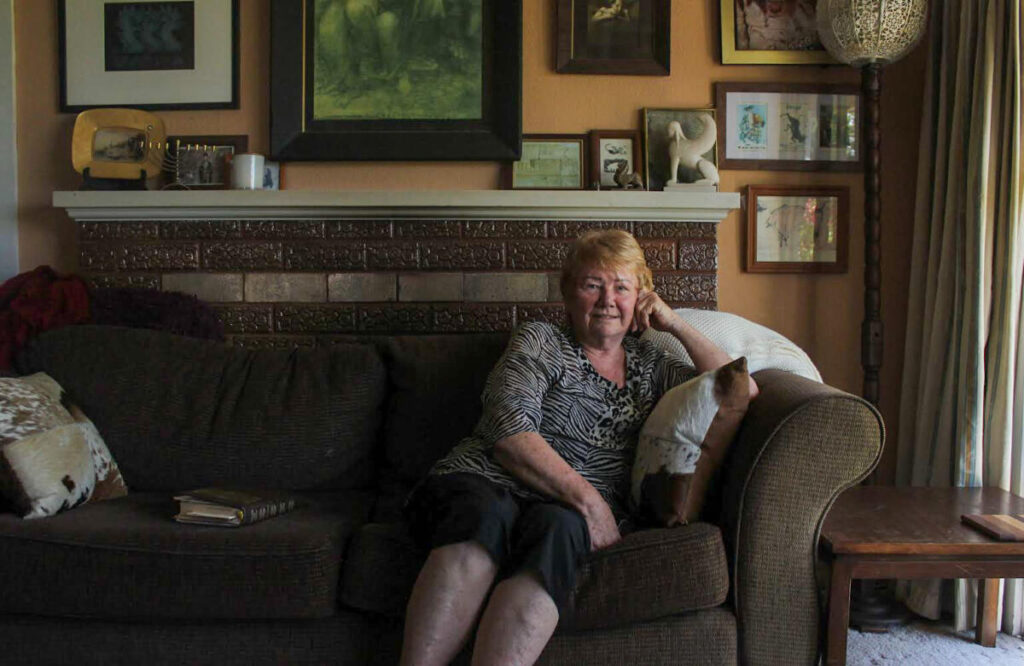The rise of women in politics
Women are taking charge in politics, but is there a reason our councils are dominated by women?
Chapter One


In 1989 Hamilton’s politics were drastically changed with the election of the first female mayor, Margaret Evans. Hamilton lagged significantly behind the rest of New Zealand, with Elizabeth Yates being elected as mayor of Onehunga almost 100 years earlier, in 1894, just a year after women were given the right to vote.
Margaret Evans defeated Ross Jansen, who had held office for 12 years. In doing so, the male reign over Hamilton was over, and Evans had opened the door for more women in council.
Evans changed local politics in Hamilton and since she left office there have been five male mayors and two other female mayors. However it is notable that in all that time only the women have been re-elected to a second term. Hamilton had a taste of the female leadership and they wanted more.
Margaret Evans was mayor of Hamilton for three terms (nine years) and Julie Hardaker was mayor for two terms (six years) before standing down. With the recent election, Paula Southgate finished her first term and has been re-elected for a second term. All three of these women gained Hamilton’s trust and managed to get re-elected.
This stands in stark contrast to all five of our male mayors since 1989, none of whom were re-elected to a second term. Bob Simcock, the Deputy Mayor who was appointed interim mayor for five months following Michael Redman’s resignation, was elected in the October 2007 election. While he did technically only serve one term, during those five months prior to his time in office he obviously made an impact on Hamiltonians.
It is interesting that neither Margaret Evans nor Julie Hardaker was defeated in election. Margaret Evans left politics to retire, and Julie Hardaker did not contest a third campaign and went back into her law career. The same cannot be said for our male mayors, with the exception of Michael Redman, all of them were defeated in the election after their first term.
In 2002, female leadership spreads further than just mayoralty too. Hamilton’s local politics are dominated by women, with our council being made up of eight women to six men, with Angela O’Leary being the deputy mayor. With the introduction of Māori Wards in the recent election, there was the opportunity for yet another woman to be elected – and that is exactly what happened. One out of the two new Māori Ward spots are now occupied by a woman – Melaina Huaki.
Woman are taking charge in other Waikato districts too. There are 11 districts all around the Waikato area, and six of them now have female mayors. Susan O’Regan was one of four mayoral candidates in the Waipa district, but the only woman. She managed to best her male opponents and took her place at head of council.
Chapter Two

Paula Southgate has been Hamilton’s mayor since 2019. She first ran for mayor in 2016 but lost by only six votes to Andrew King. Her second campaign, in 2019 was much more successful, beating King by 3,137 votes. Her third campaign, in 2022 was also successful, and she won by 1,837 votes. Southgate describes campaigning after being mayor as really daunting, as now you know just how much you want it.
As a woman in politics, Southgate has faced her fair share of challenges.
Southgate started her political career on the Waikato Regional Council in 2001 and was the second woman chair. She recalls a time when a male colleague wrote an email describing her as ‘just a schoolteacher’, saying things such as ‘what does she know about politics?’.
“There seems to be a different standard on what can be said to women than men”, she says.
However, Southgate fondly remembers a fellow councillor on the regional council, Barry O’Connor who, she says, gave her as a young woman, the idea that she could become something.
“You do come across beautiful men who lift you up”.
On the other hand, we have Margaret Evans. Evans was the beginning of an era.
Margaret Evans’ political career started during the post war period, when the idea of second wave feminism was popular. in 1974, four women were elected to Hamilton City Council, doubling the total number of women to ever be councillors since the establishment of the town. Evans was one of these four.
Evans does not recall any instances of being openly discriminated against due to her gender, but sees she was knowledgeable enough to know it surrounded her.
“It never stopped me being the chair of a committee. It never stopped me having discussions about things that were important”, she says.
However, she does recall a time when she was chairing the legal committee, during a very passionate case by a male lawyer in which he called her ‘Mr Chairman’. It was just a case of him only ever dealing with men, rather than being openly discriminatory.
“It was rather amusing”, Evans says.
With women taking charge in New Zealand, our political systems are more diverse than ever. However, we still have a long way to go before discrimination towards women is completely eradicated.




